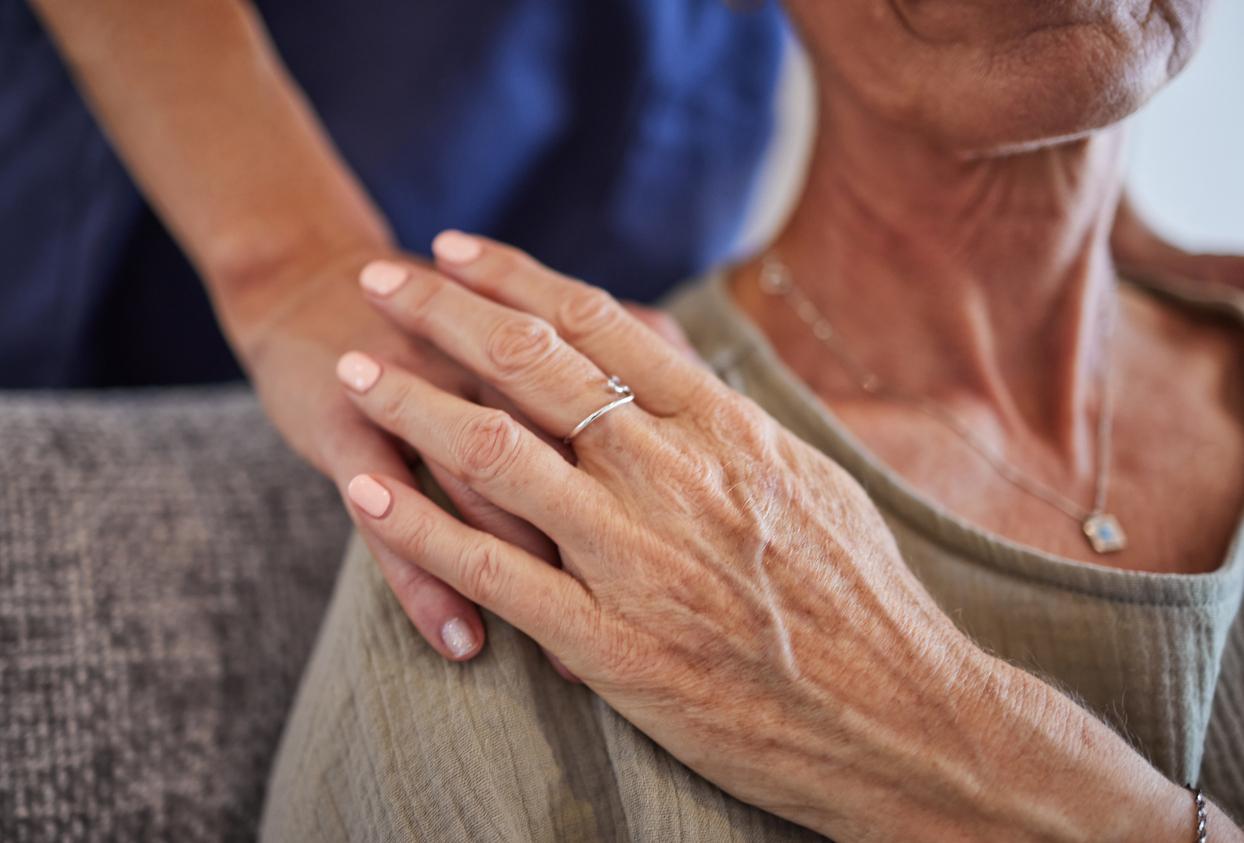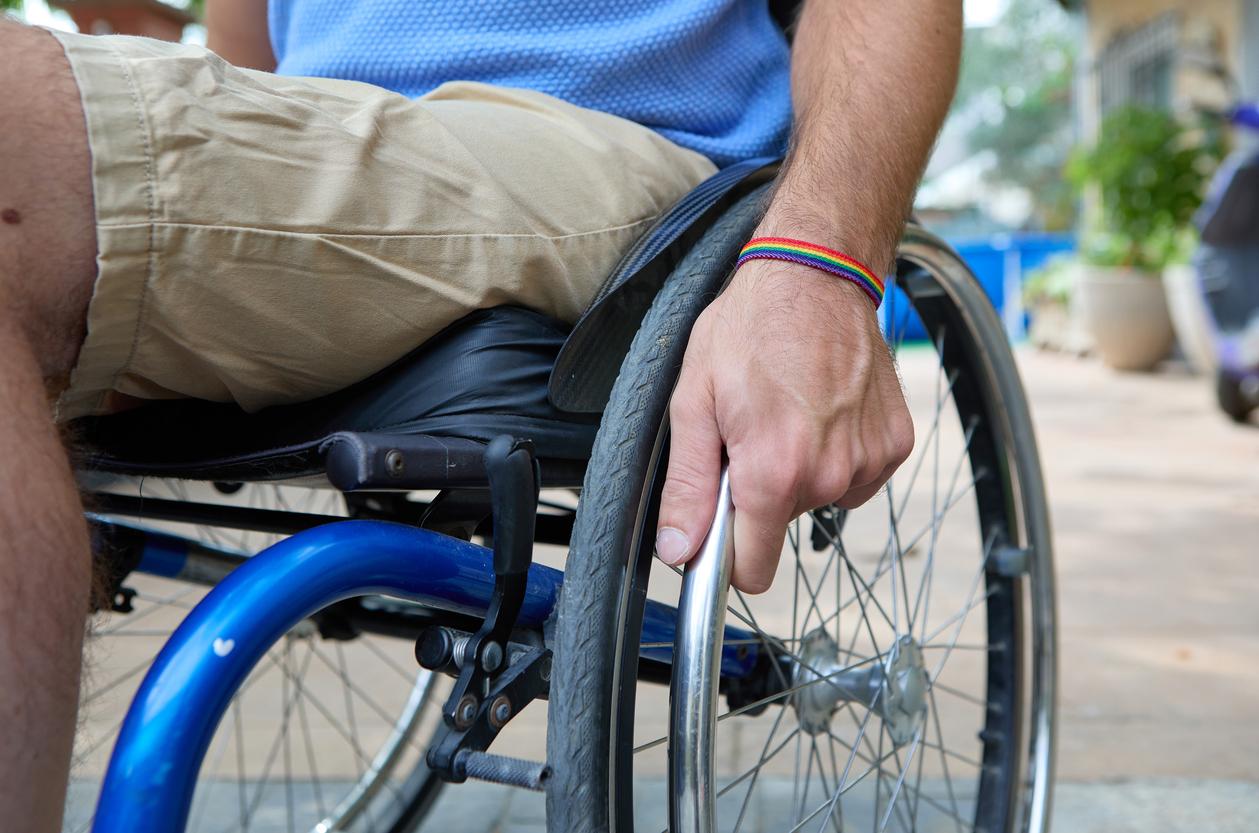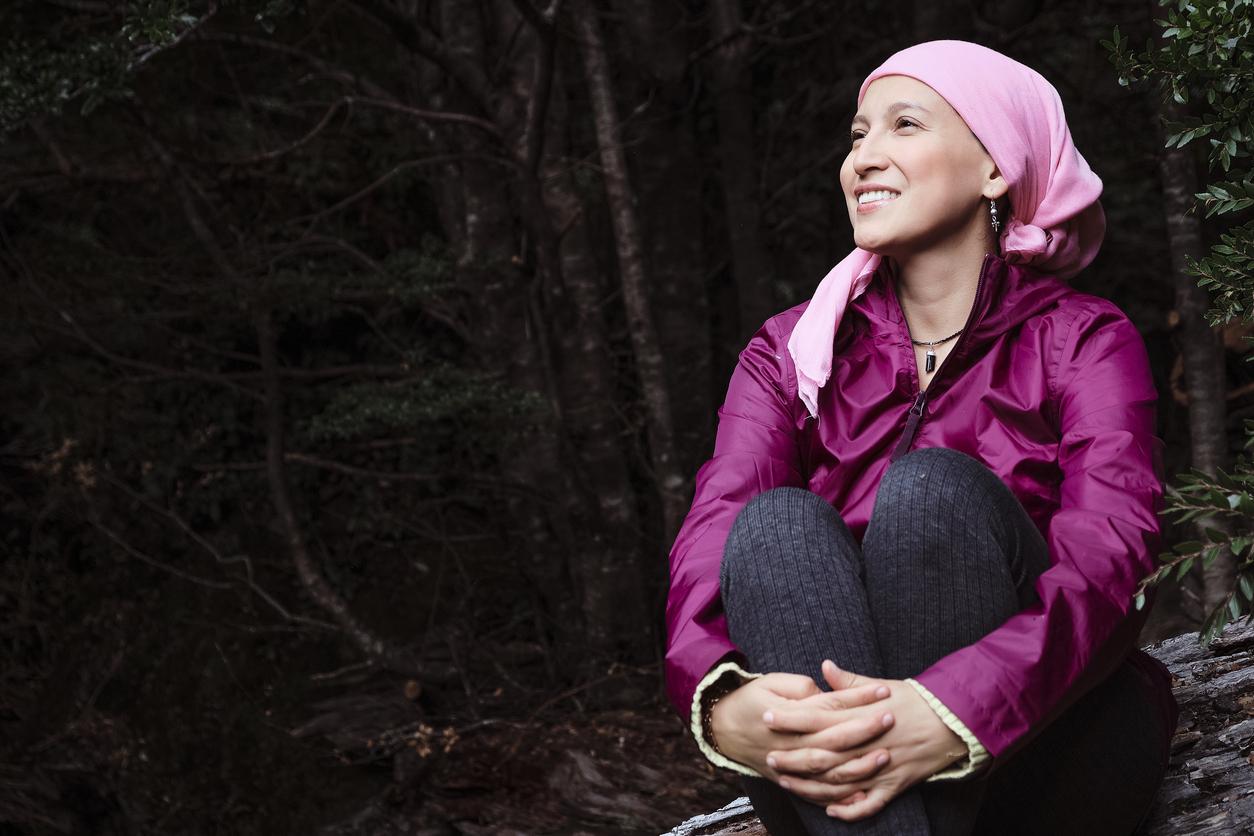Caregivers are young and active. The latest Barometer from the April Foundation shows that they still have a professional activity. She seems unaffected by this role.
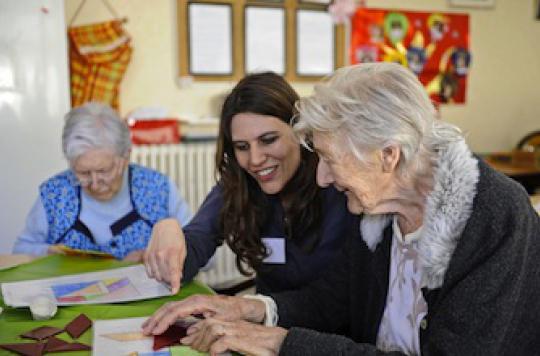
A fifth of the French population helps a person in a situation of dependency or handicap. But 70% don’t know they are a caregiver. This is what reveals the Barometer of the April Foundation, unveiled on the occasion of National Caregivers Day. However, their role is heavy to take on. The majority of those questioned feel that they do not have enough time for themselves.
Young carers
For the first time, the April Foundation completed the telephone interviews, which brought together 2,008 respondents, with qualitative meetings with 50 caregivers. A precise portrait of these people who devote themselves to a loved one or a member of the family emerges. In total, 11 million French people meet this definition. Not only are they in professional activity (58%), but they are also relatively young. Thus, 46% of caregivers are under the age of 50; 8% are even under 25 years old.
A young age which does not prevent them from giving of their person. Among the caregivers questioned, by telephone or live, numberx are those who devote more than 5 hours per week to a dependent loved one. In the majority of cases, it is a member of the family. Sometimes they assist more than two people. Self-giving goes a long way: 15% live with their loved one.
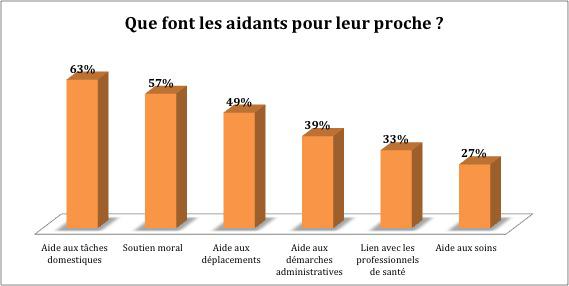
Financial brakes
A third of respondents regret not having enough time for themselves, a quarter consider themselves physically tired. But this gift of self has a counterpart: the majority of caregivers say that their role has a positive effect on their morale. They are even more likely to think that it has strengthened the relationship with their loved one (84%). Proof of this positive experience, the people questioned affirmed being able to juggle between assistance and professional life.
They see only one pitfall in the current system: money. More than a third of caregivers claim financial aid for the dependent loved one. A major problem that also emerges during qualitative interviews. Solange, 64, had to fight to obtain information on this subject, the assistant being unreachable. “Finally, I went online to find an association and see what help Mom could benefit from because she has a small income,” she explained.
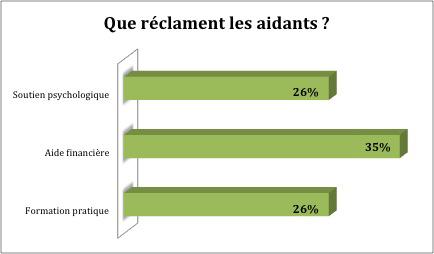
These details are precious in view of the evolution of chronic diseases in France: 15 million inhabitants suffer from it. The role of caregivers is therefore likely to become more and more preponderant.
.









